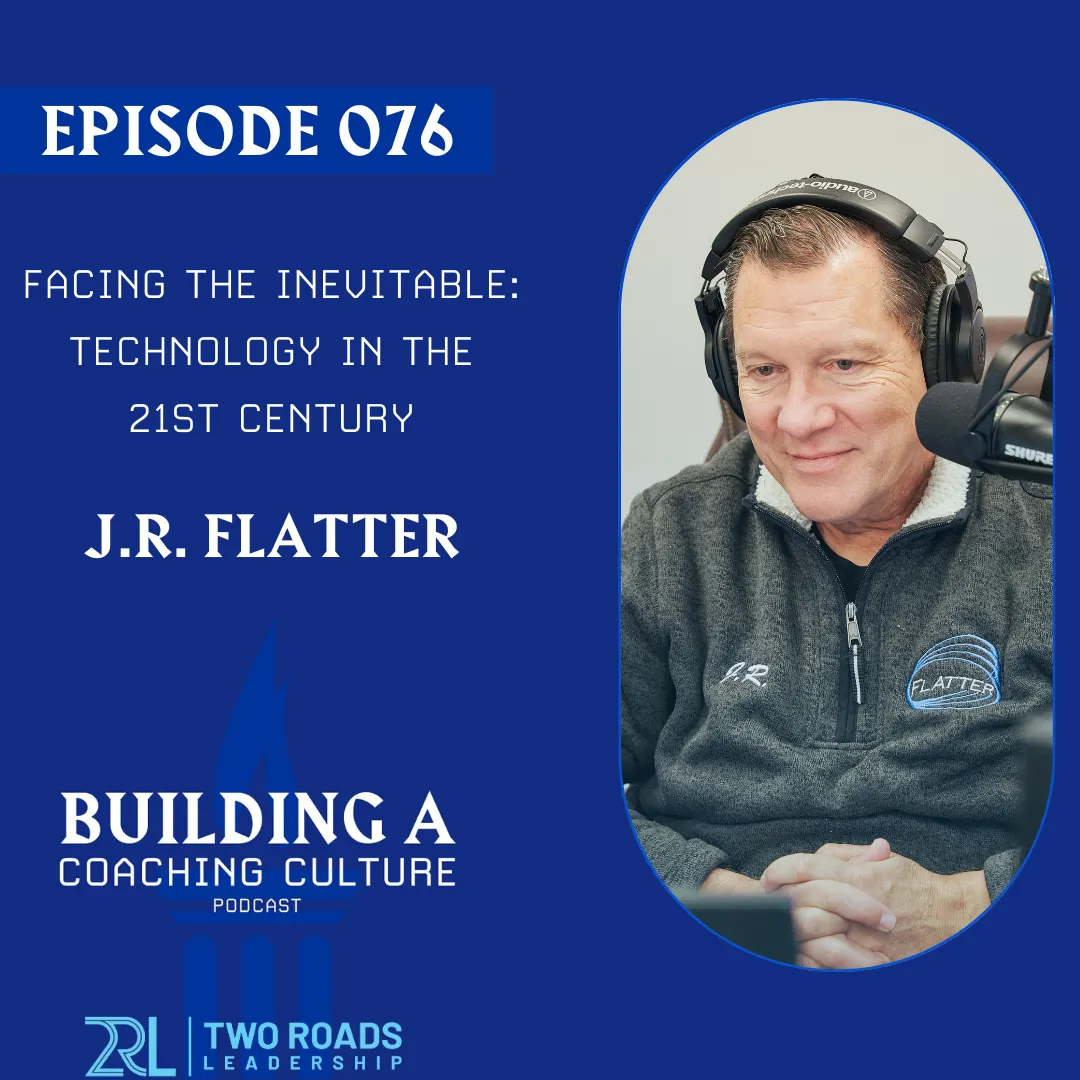How do you think these technological advancements mentioned in the book will lead to a more communal society? Are there any potential drawbacks?
Welcome back to "Building a Coaching Culture"! In this episode, we dive into the fascinating topic of technological advancements and their impact on our society. From the colonization of Mars advocated by Elon Musk to the increasing number of sensors tracking our every move, we explore the opportunities and challenges that arise. We also discuss Kevin Kelly's book, "The Inevitable," which predicts 12 technological advancements that will shape the next 30 years. As we navigate through these transformative times, we reflect on the communal aspects of digital culture, the exponential growth of technology, and the need to address potential risks. Join us as we delve into the future and discuss what lies ahead in this ever-evolving technological landscape.
In this episode, you'll discover:
- The benefits and risks of sensor data availability
- Discussion of the book "The Inevitable" by Kevin Kelly
- Monitoring consumption of resources through sensors
- Predicted impact of technological advancements on society
- The game-changing emergence of Chat GPT.
I invite you to listen to the full episode to gain deeper insights into these thought-provoking topics. Link to the episode in the comments below!
Building a Coaching Culture is presented by Two Roads Leadership
Produced, edited, and published by Make More Media
Episode Links
J.R. Flatter
Founder of Two Roads Leadership
Lucas Flatter
Resources
2RL 4 day Coach Certification Bootcamp
2RL ICF-Approved Coach Certifications and Trainings
Book
"The Inevitable" by Kevin Kelly
Transcript
Automatic Transcription - please excuse any errors

